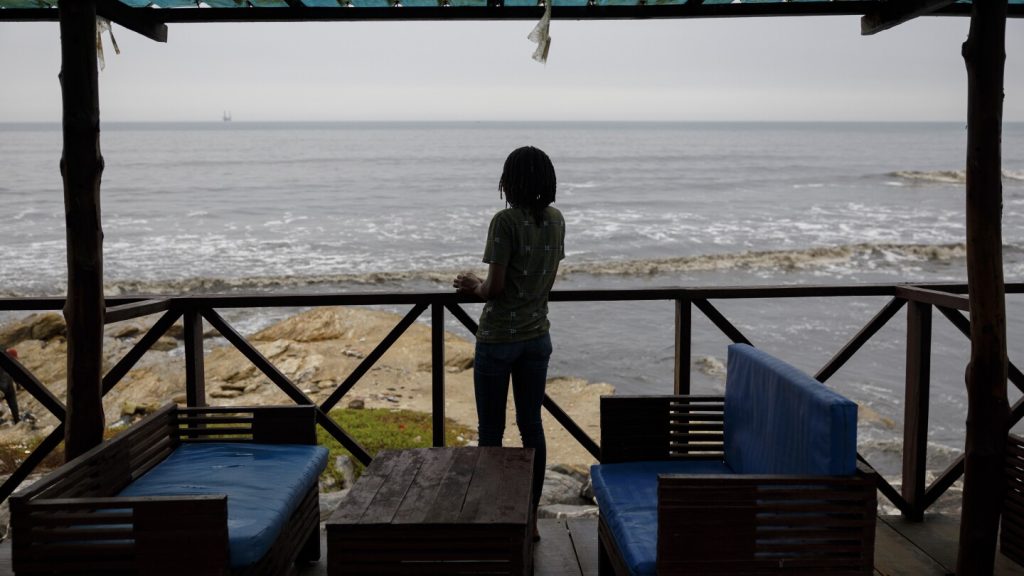In recent years, more than 20 countries across Africa have loosened restrictions on abortion, including Ghana, Congo, Ethiopia, and Mozambique. However, many women, like 25-year-old fashion designer and single mother Efua from Ghana, may not be aware of their rights to a legal abortion. Despite the expanded legality of the procedure, some doctors and nurses have become wary of openly providing abortions due to the opposition groups that have gained strength following the U.S. Supreme Court’s decision overturning the nationwide right to abortion.
The Maputo Protocol, a human rights treaty for all 55 countries of the African Union, grants women the right to a medical abortion under certain circumstances. However, some African countries have yet to pass laws granting women access to abortions, and in those where the procedure is legal, obstacles to access still exist. Misinformation is also prevalent, with poorer countries struggling to provide resources for all women seeking abortions and many women learning about their options through word of mouth. Anti-abortion groups have targeted staff of organizations providing abortion services, leading to harassment and intimidation.
The opposition to abortion in Africa, which has always existed, has become better organized, with significant funding reportedly coming from conservative American groups. This opposition has intensified since the reversal of Roe vs. Wade in the U.S., with groups advocating for reductions in abortion access at the highest levels of government in countries like Kenya and Uganda. In Congo, where abortion is legal in certain cases, pamphlets use coded language to avoid backlash, indicating that stigma around the procedure still exists.
Access to accurate information about abortion is limited in many African countries, with tech giants like Google and Meta restricting local abortion providers from advertising services while allowing anti-abortion groups to promote false claims. Concerns about the future of abortion rights movements in Africa are mounting, with opponents using similar tactics that led to the overturning of Roe vs. Wade. Despite these challenges, it may still be easier for a woman to access an abortion in African countries like Benin than in places like Texas. Efua shared her experience of seeking an abortion, highlighting the obstacles of lack of information and cost, and expressing the importance of reliable information for women facing similar dilemmas.


